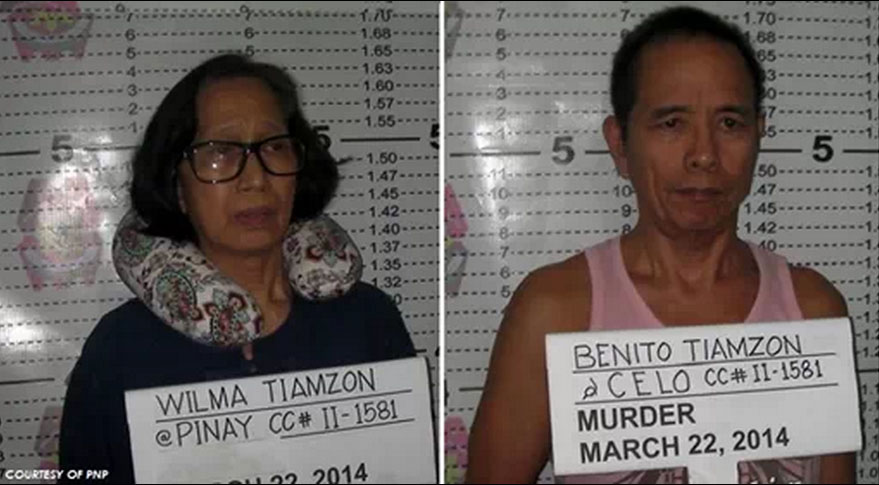Action Points for Citizen-Voters before, during and after elections
The Institute for Political and Economic Reform (IPER) suggests some action points for citizen-voters before, during and after elections
Below are some action points for the citizen-voters in his/her exercise of the right of suffrage.
General
1.Set up voters’ assistance desks
2.Link volunteers to existing groups working on different aspects of electoral reform
3. FAQ’s on poll automation
Pre-Elections
1. Engage in preparatory activities that would enable him/her to exercise the right of suffrage and the right to an informed and free choice.
2. Register during the period allotted for voter registration
3. Be informed of the issues, platforms and personalities of the political candidates
4. Set specific guidelines in choosing government leaders in terms of the candidates’ social affiliations and interests, competence, lifestyle, performance records.
5. Conduct/participate in public debates that would inform citizens and gain the commitment of the candidates to integrate foremost the interests and welfare of the citizens in their program of government. This process can be used to remind and hold the elected leaders accountable to the promises made during the campaign.
During Elections
1.Exercise vigilance and the right to vote
2. Vote according to your conscience
3. Practice vigilance by protecting the integrity of your own vote from any undue influence, volunteering in organizations that work for clean and peaceful elections, watching out for instances of cheating in the elections, and informing the rest of the electorate of such activities.
Post-Elections
1. Practice continued vigilance and participate in governance
2. Be vigilant in the counting and canvassing of votes.
3. Another arena of participation is open to the citizen voter once the candidates they have voted for assume office
4. Participate in local governance through development planning on the barangay level, consultations and public hearings, representation in local special bodies.
5. Aside from direct exercise of legislative power through the system of initiative and referendum, citizen voter can participate in legislating laws through legislative advocacy, a process of engaging with the legislature and other governmental and social institution to ensure that the concerns and welfare of the general electorate be articulated in the deliberations of bills and other legislative measures as well as in the final versions of laws.
6. The citizen voter can also engage in the political and electoral process in other ways such as:
A. running for office.
B. supporting/campaigning for a political party, candidate or party-list group.
C. supporting initiatives of civil society organizations to ensure honest and peaceful elections.
D. making views known to the elected representatives
Download Be a citizen-voter before, during and after elections
Be a citizen-voter before, during and after elections by BlogWatch.ph

